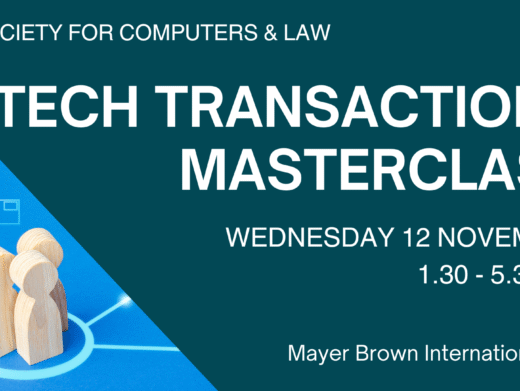A recent decision by the UK’s Information Commissioner’s Office (ICO) sheds lights on the UK’s appetite around enforcement of the rules governing marketing and serves as a reminder of ensuring valid consent prior to marketing campaigns.
UK retailer, Halfords, a provider of cycles, motoring services and vehicle repairs, has been issued with a £30,000 fine by the ICO for sending approximately 500,000 marketing emails to customers who had not opted into marketing campaigns.
Halfords were brought under the ICO’s spotlight following complaints in response to an email campaign. The campaign provided details of a government voucher scheme worth up to £50 towards the cost of repairing a bicycle at approved retailers or mechanics in England.
Halfords argued that they were relying on legitimate interests to send the marketing email to the benefit of their customers. Halfords positioned the email as a “service” message rather than a direct marketing campaign. Routine customer service messages do not count as direct marketing. Therefore general information about service interruptions, product safety and updates to terms and conditions are not considered as direct marketing though companies can include general branding or logos.
The email highlighted the government scheme, but also flagged a free bike assessment and encouraged customers to redeem the voucher at a Halfords store, thus advertising their own services. Once a customer redeemed the voucher, Halfords would generate income for the company. The ICO deemed that because of the generate business, the campaign would fall under electronic marketing rules. The campaign made no mention of any other participating mechanics/retailers where the voucher could also be used. The ICO therefore concluded that the campaign was not a service message but a direct marketing campaign.
In the absence of direct consent from customers, companies may be able to rely on the “soft opt-in” rule. The idea is that if an individual bought something from a company and provided their details, and did not opt out of marketing messages, they are probably happy to receive marketing about similar products or services even if they have not provided specific consent. In such campaigns, however, it is vital that there is a simple and a clear way to refuse market communications at every opportunity. The Halfords marketing campaign did not include an unsubscribe link presumably as it was positioned as a “service” mail rather than a marketing campaign.
Unfortunately for Halfords, the ICO determined that its customers had not opted into marketing campaigns and for those that had opted in there was in sufficient opportunity to opt out.
Interestingly, the number of complaints was minimal (7 in total) in relation to the voucher scheme campaign. It was also a campaign that aimed to assist the government, and the UK, in its response to the pandemic in unique and unprecedented circumstances. Halfords also believed that it was a service message and highlighted this in the communication.
Despite these factors, the ICO still issued a fine presumably to encourage compliance with the law. Along with the fine Halfords are, of course, dealing with the unwanted publicity. It therefore seems important to remain cautious before engaging on campaigns and to ensure appropriate advice is taken beforehand.
Tasmia Asif is a Legal Counsel at Adobe and is a transactional attorney for the Northern Region with a specialism in data privacy and technology matters.




